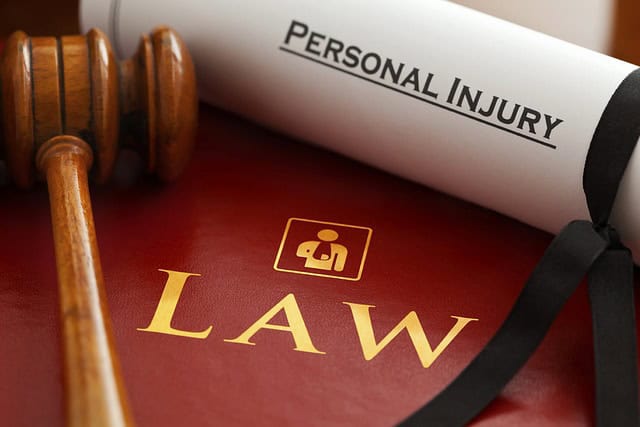
A workers’ compensation claim provides benefits if you get sick or are injured due to work-related causes. Winning this claim ensures you’re fairly settled for your medical treatment expenses, lost wages, ongoing care, disability benefits, and more. Although you’re entitled to compensation after suffering work-related injuries or illnesses, your claim may be rejected. Discussed below are five reasons why your workers’ compensation claim may be denied.
- Procedural mistakes and missing legal deadlines
Procedural requirements and legal deadlines are vital to the workers’ compensation claim process. Your claim may be denied if you:
- Make mistakes in your paperwork
- Fail to notify your employer about your injuries promptly
- Don’t file your workers’ within the required timelines
Report your work-related injuries or illness to your employer promptly and ensure your workers’ compensation claim plus all the necessary paperwork are filed within the set time frames. Hiring a workers compensation lawyer is the best way to eliminate the risk of your claim being denied. These legal experts understand all the procedural requirements you should meet and can help you file your claim on time. This reduces the possibility of missing legal deadlines and ensures all procedures are followed.
- Insufficient or inaccurate documentation or information
Submitting insufficient or incorrect documentation or details creates doubts regarding your workers’ compensation claim’s legitimacy, increasing the likelihood of denial. Insurers constantly look for mistakes or inconsistencies that can justify your claim’s rejection. When you suffer injuries, ensure the information surrounding the incident and subsequent medical treatments are carefully presented and recorded in your claim. Ensure all the documents or information are not only accurate and comprehensive but also submitted within the set time frames.
- Delaying medical care
Failure to seek prompt medical treatment can make it seem like your work-related illness or injuries aren’t severe or they happened elsewhere, resulting in your claim’s denial. Consider seeking prompt medical assistance after a workplace injury to lower the possibility of your claim being denied. Your doctor creates medical records that you can leverage to strengthen your claim, increasing your chances of success and the possibility of higher compensation.
- Failure to follow medical advice
Disregarding your healthcare provider’s recommendations or the treatment plan can result in insurance adjusters claiming that you are responsible for your condition or aren’t as injured or sick as you claim. This can lead to your claim’s denial or reduced compensation.
Since your employer usually picks the doctor for work-related injuries or illnesses, not following their medical advice can give the insurer reasons to deny your benefits. Following your doctor’s medical advice is essential for a successful workers’ compensation claim and your fast recovery.
- A pre-existing condition
If you were injured or had a medical condition before the incident at work, the insurance claim might deny your claim. Workers’ compensation is designed to cover illnesses and injuries directly related to your work environment and job responsibilities.
This can lead to your claim being denied. However, your workers’ compensation attorney can show how your work duties or environment have worsened your pre-existing condition. Also, your doctor can provide comprehensive reports or evidence distinguishing the old injuries from the new ones.
Endnote
Although you’re entitled to fair compensation following a work-related injury or illness, your claim may be rejected. Familiarizing yourself with the reasons your workers’ compensation claim may be denied can help you find ways to boost your chances of success.
.

